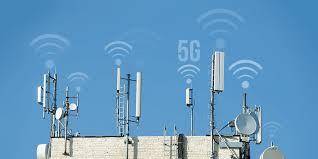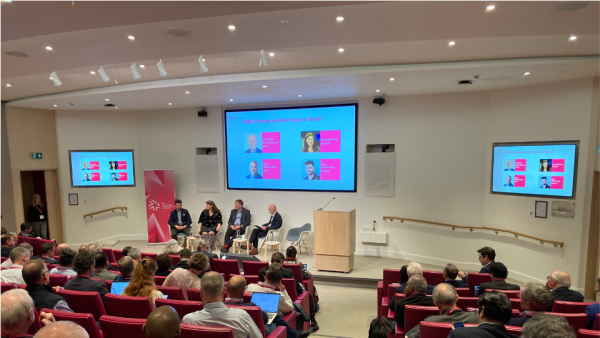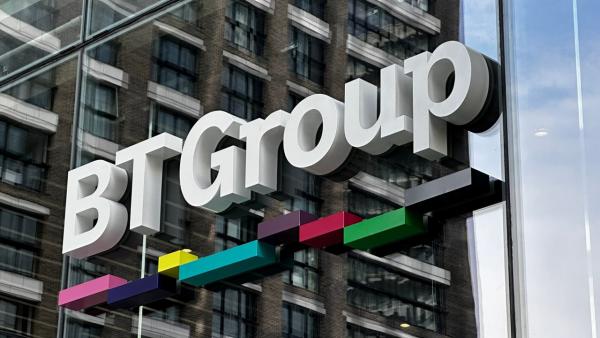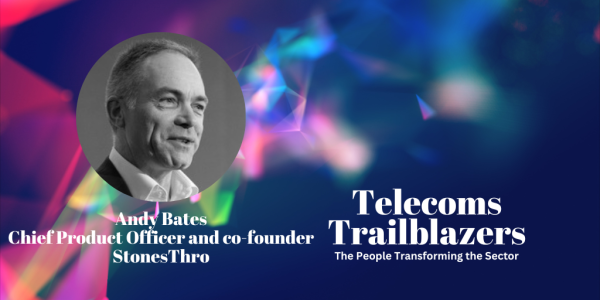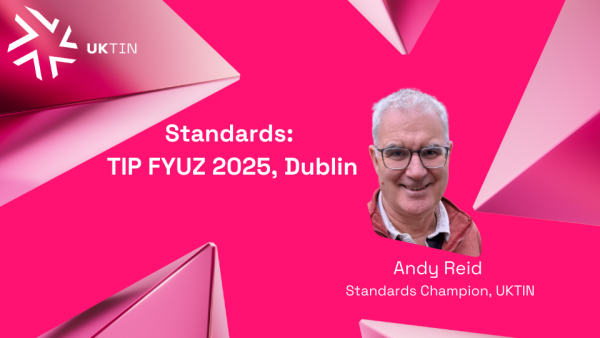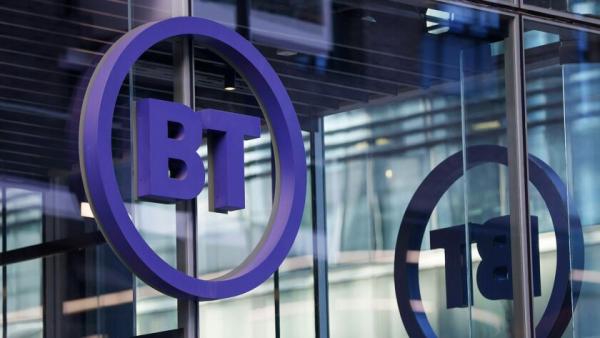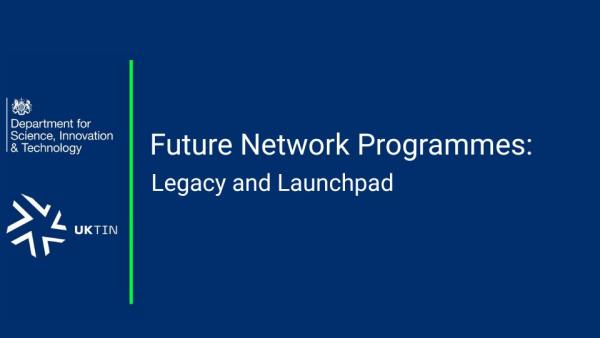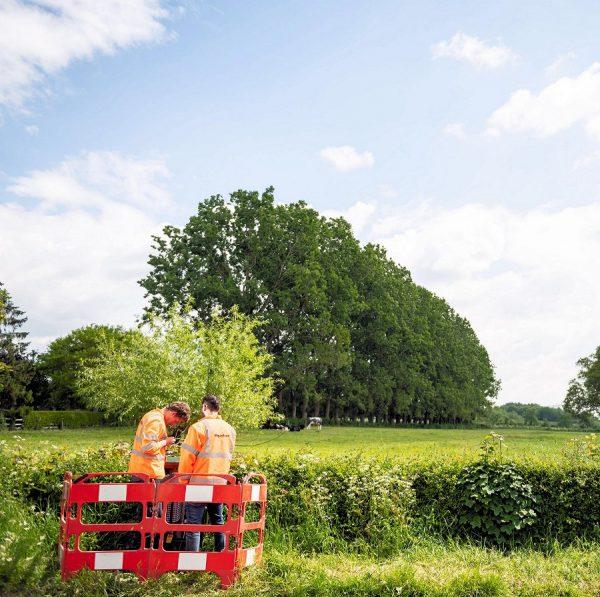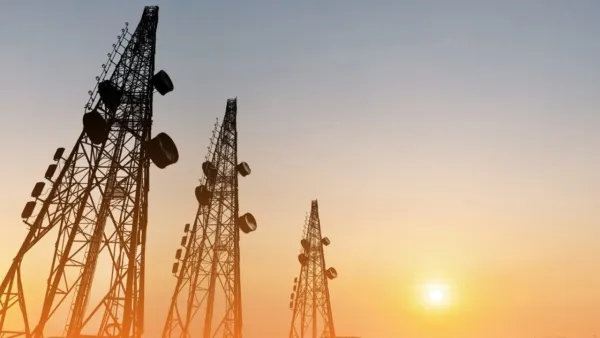Written by Andrew Wooden for Telecoms.com
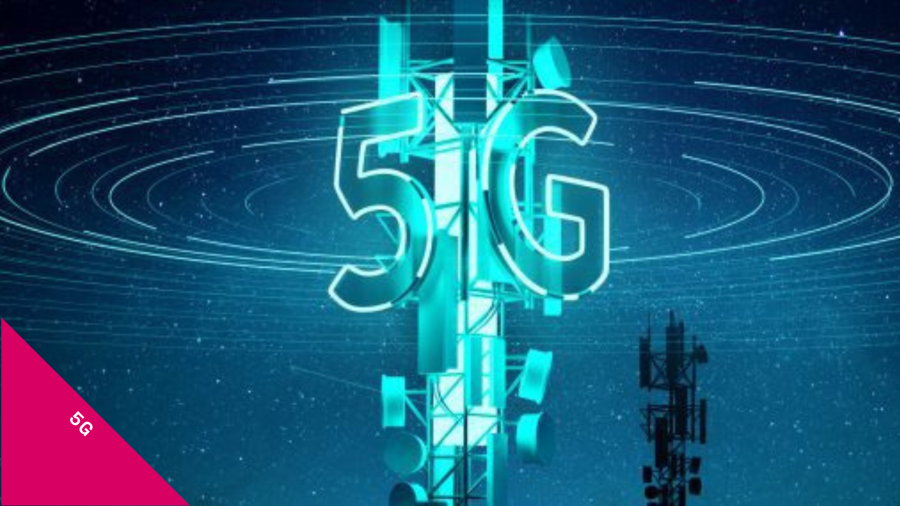
VMO2 will embark upon a campaign of ‘substantial network modernisation’ covering hardware, software and service enhancements using Ericsson kit, with the aim of improving 4G and 5G across the UK.
The multi-million pound contract will see new toys from Ericsson’s Radio System portfolio deployed in England, Scotland and Northern Ireland – specifically the latest generation of quad-technology baseband, multiband, and 5G Massive MIMO radio AIR 3258. Aside form improvements in performance, the firms anticipate an energy use reduction of up to 30%, and a 40% reduction in weight and volume of the hardware.
Meanwhile service upgrades and small cell deployments will be carried out designed to improve capacity and coverage in cities including Birmingham, Manchester, Liverpool, Leeds, Sheffield, Glasgow, Edinburgh and Belfast. We’re also told VMO2 could become one of the first European operators to trial Ericsson’s Cloud RAN product.
“This multi-million pound investment in our network will mean our customers can benefit from more reliable and faster services at the same time as reducing overall carbon emissions,” said Jeanie York, Chief Technology Officer at Virgin Media O2. “Building on our long-standing relationship with Ericsson allows us to deliver improvements quickly and efficiently, helping us move rapidly towards the future-proof networks our customers expect.”
Katherine Ainley, CEO, Ericsson UK and Ireland added: “Ericsson is at the forefront of high-performance and energy-efficient 5G networks and this new agreement is another important milestone on our journey together with Virgin Media O2 to bring the very best in next generation connectivity to key locations across the UK. As end-to-end partner on both Radio and Core we are building a network of the future that will not only offer superior connectivity for Virgin Media O2 customers but also deliver an innovation platform that can help to transform new industries and pave the way to a more connected digital society.”
A covering letter to the release claims that ‘only a third of UK users perceive being connected to 5G more than 50% of the time so it’s vital to increase 5G coverage nationwide in 2023,’ which in one way is a bit of a self-own on the state, or perceived effectiveness, of the current 5G rollout, but at least it’s honest.
The other interesting thing to note is that the focus seems to be more on energy efficiency and some incremental service improvements – which is a comparatively more muted message than some of far-reaching use cases such as autonomous driving and the metaverse which for years telcos have pointed to while explaining the benefits of better networks. Anecdotally, this may even be a wider trend as there seemed to be a bit less of that at MWC this year as well.
Click here to read the original article.

